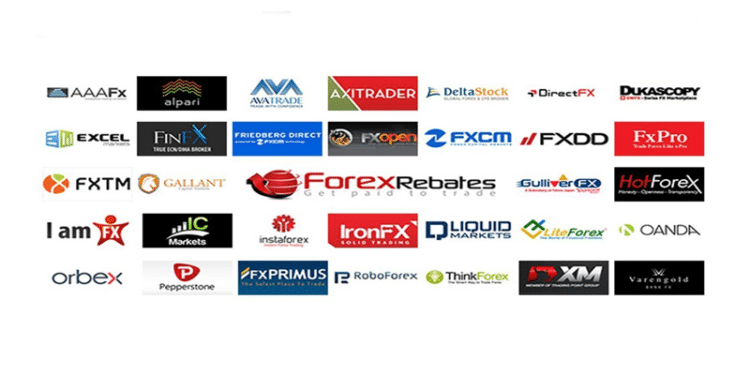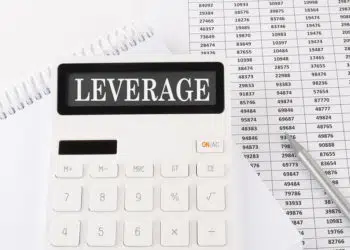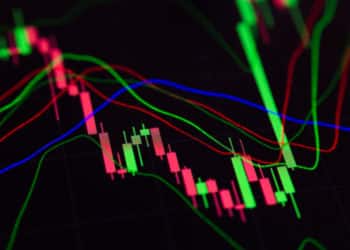What are some of the critical factors for traders in deciding the best forex broker to use? Some non-negotiable safety factors act as the foundation for other consequential factors. Once they have firmly established these, traders can begin looking for services more tailored to their needs.
Overview
Trading with a broker in forex means establishing a relationship that will hopefully last for years. In the financial services provision space, it’s critical that clients feel that the funds they deposit to brokers are in safe hands with no malpractice whatsoever. There are several factors we can rank according to their prominence concerning safety and basic account features.
Safety factors to consider

Regulation is arguably the first point of consideration for any forex broker due to safety reasons. However, industry insiders don’t view all regulators with the same value. They consider so-called top-tier regulators to be in Europe, and these include the likes of the FCA (Financial Conduct Authority) and CySec (Cyprus Securities and Exchange Commission), and other regulatory authorities based in countries like Germany and Switzerland.
This premise isn’t to say that other regulators aren’t important, though at least one European regulator licenses most of the trusted brokers worldwide. What is also worth mentioning is the local regulation of a broker matters to some traders. So while an international regulator may not regulate all brokers, the company has to be at least regulated by the main body in that particular country.
Regulated brokers endure a much better reputation amongst clients. With certain licenses, attaining them is a sign that a broker has operated for a considerable number of years, a further testament to an enhanced reputation. As a regulated broker, they would have to adhere to several safeguarding practices in handling client funds, such as holding their money in segregated accounts and sometimes offering insurance on their deposits.
More important factors to consider
- Negative balance protection: A large majority of forex brokers offer negative balance protection for their clients due to the volatile nature of the markets. Thus, it’s rare that any would not provide this feature. This protection ensures that a trader will not owe the broker for a negative balance as it would terminate any orders below a pre-defined margin level.
- ECN/STP execution model (preferably): Knowing whether a broker is an ECN/STP or market maker broker will help to understand what strategies you may employ and other core services such as spreads, account features, and leverage. ECN/STP brokers are favored more than their counterparts, mainly as they route their client’s orders directly to the interbank market with no conflict of interest. While some brokers don’t typically mention explicitly the exact model they fall under, this information is vital to know, and there are various tell-tale signs.
- Spreads and other costs: Spreads are the main trading costs that traders encounter, which is why lower spreads are one of the key selling points for a broker in the industry. Therefore, the more competitive they are, the better for a client. Other costs that one would need to pay attention to are possibly any commissions, deposit fees, withdrawal fees, inactivity fees, and swaps.
Less important factors to consider
We might think of these factors as less significant, though some can enhance the client’s experience depending on their financial commitments and other preferences.
- Wide range of markets: In addition to forex, a great broker should cater to as many financial markets as possible. As a client, you could consider investing in other financial markets eventually. Once you’ve established a healthy, long-lasting relationship with one company, this makes it easier to use them for diverse markets or services.
- Wide range of supported currencies for their trading accounts: Nearly all brokers allow their clients to hold their trading accounts in USD, though EUR and GBP are also standard. As brokers have established their footprint in different nations, they have offered many other currencies that are native or local. Again, this is not a critical issue, though, as an example, a South African client may prefer to have their trading account strictly in ZAR for familiarity purposes.
- MT4 trading platform: The MetaTrader platform is the most widely-used and user-friendly trading platform for forex traders in the world. Most brokers offer the platform to their clients for these reasons. On rare occasions, they perhaps solely provide their proprietary trading platforms or other platforms like cTrader, which are not as recognized to many people.
- Mobile app: The boom of app development highlights the benefits of having a great mobile experience for customers. More brokers are hopping onto the trend and for a good reason. An app makes it simpler to perform administrative tasks such as depositing and withdrawing, which are a little more time-consuming to do on the desktop site.
- Wide of range of deposit options: Several deposit options, besides the standard VISA/Mastercard and bank wire, provide more convenience when it comes to payment.
- Wide range of support options: A broker must have a live chat function, various email inquiry addresses, telephone numbers, and a visible presence on platforms such as Facebook and Twitter. Additionally, a few brokers have started supporting through Viber and WhatsApp. Most brokers have very detailed websites with an extensive array of different languages to better help their ever-increasing international clientele that might prefer to view their services and support in their native tongue.
- Any other innovative products or services: These products include the likes of Islamic accounts (swap-free accounts), zero spread accounts, nano accounts, PAMM accounts, and rebates.
Conclusion
The above guide provides a brief overview of the different areas for choosing the right broker. One cannot understate the importance of ensuring the safety factors have been satisfied first with verified regulation. After that, the more critical factors, such as the execution model and trading costs, may narrow down a list of potential brokers. The less significant factors are more preferential to traders in general.







